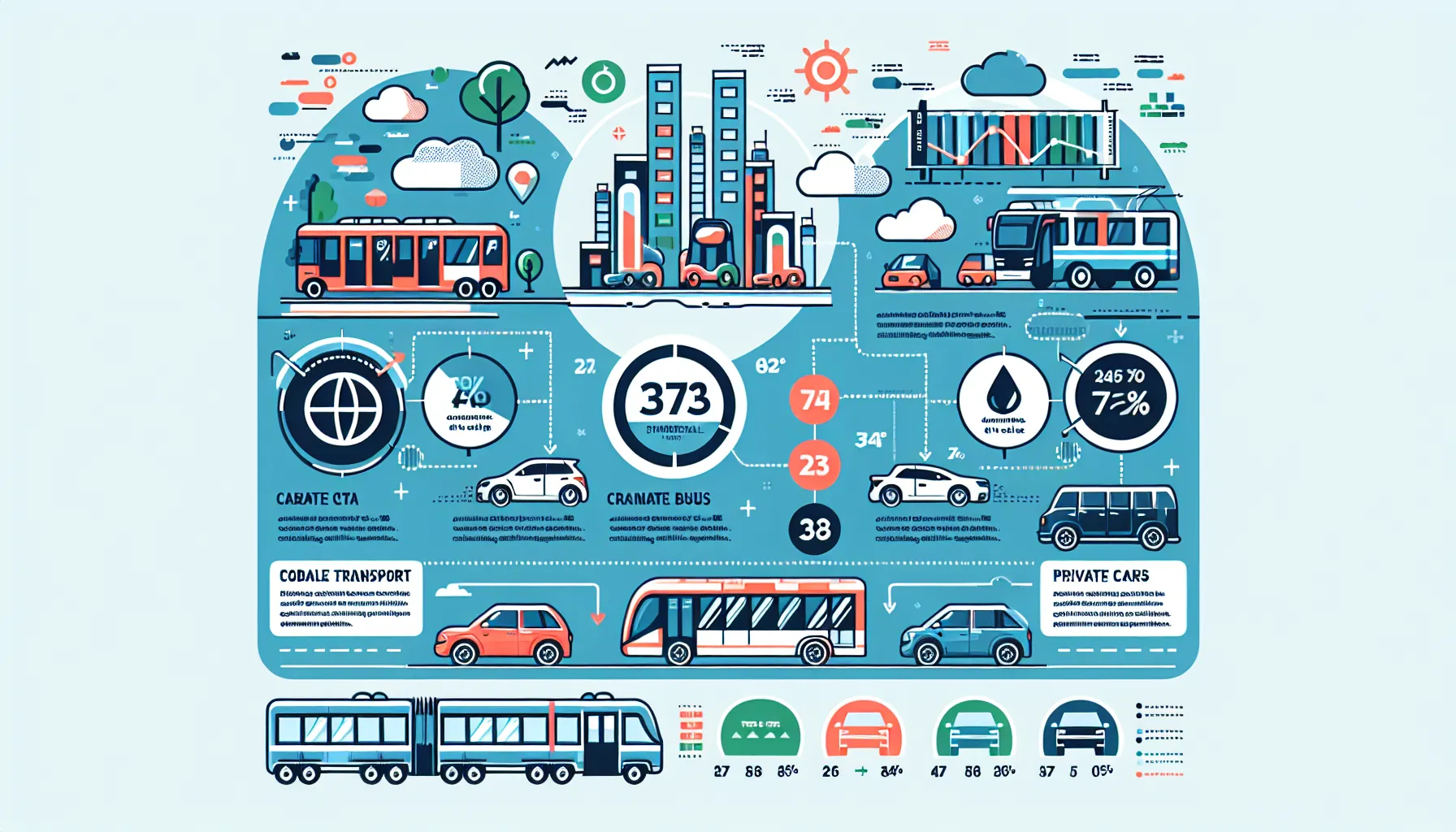Climate-induced displacement is becoming an increasingly prominent topic in IELTS Writing Task 2 exams. As global climate change continues to impact communities worldwide, this issue is likely to appear more frequently in future tests. Based on recent trends and the growing importance of environmental topics, we can expect to see questions related to climate migration in upcoming IELTS exams. Let’s explore some potential essay questions and sample responses to help you prepare.
Nội dung bài viết
Analyzing the Essay Question
For this article, we’ll focus on the following IELTS Writing Task 2 question:
Climate change is causing people to leave their homes and migrate to other areas. What are the causes of this climate-induced displacement? What can governments and individuals do to address this issue?
This question is a problem-solution type that requires candidates to:
- Identify causes of climate-induced displacement
- Suggest solutions at both governmental and individual levels
The question touches on a complex global issue, allowing candidates to demonstrate their knowledge of environmental concerns and their ability to propose practical solutions.
climate-migration|Climate Migration|A family leaving their flooded home with their belongings, symbolizing climate migration.
Sample Essays
Band 8-9 Essay Sample
Climate change has become a pressing global concern, forcing many individuals to abandon their homes and seek refuge elsewhere. This essay will explore the primary causes of climate-induced displacement and suggest measures that governments and individuals can take to mitigate this growing problem.
The main drivers of climate-induced displacement are severe weather events and long-term environmental changes. Firstly, the increased frequency and intensity of natural disasters such as hurricanes, floods, and wildfires are rendering many areas uninhabitable. For instance, coastal communities in low-lying regions are particularly vulnerable to rising sea levels and storm surges, which can destroy homes and infrastructure. Secondly, gradual environmental degradation, including desertification and soil erosion, is diminishing agricultural productivity in many regions, compelling farmers to relocate in search of arable land.
To address this issue, governments must take proactive measures at both national and international levels. One crucial step is to implement robust climate change mitigation policies, such as transitioning to renewable energy sources and enforcing stricter emissions regulations. Additionally, governments should invest in climate-resilient infrastructure and early warning systems to help communities better withstand environmental challenges. On a global scale, international cooperation is essential to support climate refugees and develop comprehensive resettlement programs for those displaced by environmental factors.
Individuals also have a role to play in combating climate-induced displacement. By adopting more sustainable lifestyles, such as reducing energy consumption and choosing eco-friendly products, people can contribute to overall emissions reduction. Furthermore, individuals can support organizations working on climate change mitigation and adaptation projects through donations or volunteering. Raising awareness about the issue through social media and community engagement can also help mobilize collective action and put pressure on policymakers to address climate change more effectively.
In conclusion, climate-induced displacement is a complex issue driven by both sudden natural disasters and gradual environmental changes. Addressing this problem requires a multi-faceted approach involving governmental policies, international cooperation, and individual actions. By working together at all levels, we can hope to mitigate the impacts of climate change and reduce the number of people forced to leave their homes due to environmental factors.
(Word count: 345)
Band 6-7 Essay Sample
Climate change is making many people move away from their homes to other places. This essay will talk about why this is happening and what can be done about it.
There are two main reasons why climate change causes people to move. First, there are more natural disasters like floods and storms happening. These can destroy houses and make areas dangerous to live in. For example, people living near the coast might have to move because of rising sea levels. Second, some places are getting too hot or dry for farming. This means farmers can’t grow enough food and have to find new places to live and work.
Governments can do several things to help with this problem. They should make plans to reduce pollution and use more clean energy like solar and wind power. This can help slow down climate change. Also, governments can build better houses and roads that can survive bad weather. They should also help people who have to move by giving them new homes or jobs in safer areas.
Individuals can also do their part to help. People can try to use less energy at home by turning off lights and using less water. They can also recycle more and use public transport instead of cars. Another way to help is by supporting groups that work on climate change issues, maybe by giving money or volunteering.
In conclusion, climate change is forcing people to move because of natural disasters and changes in the environment. Both governments and individuals need to work together to solve this problem. By taking action to reduce climate change and help those affected, we can make the situation better for everyone.
(Word count: 282)
Band 5-6 Essay Sample
Climate change is making people leave their homes. This is a big problem. I will write about why this happens and what we can do.
People move because of climate change for two reasons. First, there are more big storms and floods. These can break houses and make places dangerous. Second, some places get too hot or dry. This makes it hard to grow food.
Governments can help fix this problem. They should make rules to stop pollution. They can also build stronger houses that don’t break in storms. Governments should help people who have to move find new homes.
People can also help. We can use less electricity and water at home. We can also walk or use buses instead of cars. We can tell our friends about climate change so more people know about it.
To finish, climate change makes people move because of bad weather and no food. Governments and people need to work together to help. If we all try, we can make things better.
(Word count: 158)
Analysis of Essay Samples
Band 8-9 Essay Analysis
This essay demonstrates excellent writing skills and a comprehensive understanding of the topic, warranting a high band score:
-
Task Achievement: The essay fully addresses all parts of the task, providing a balanced discussion of causes and solutions at both governmental and individual levels.
-
Coherence and Cohesion: The essay is well-organized with clear progression throughout. It uses a variety of cohesive devices effectively (e.g., “Firstly,” “Secondly,” “Furthermore”).
-
Lexical Resource: The vocabulary is sophisticated and precise (e.g., “proactive measures,” “climate-resilient infrastructure,” “comprehensive resettlement programs”).
-
Grammatical Range and Accuracy: The essay uses a wide range of grammatical structures accurately, including complex sentences and passive voice.
Band 6-7 Essay Analysis
This essay demonstrates good writing skills but lacks some of the sophistication of the higher band essay:
-
Task Achievement: The essay addresses all parts of the task, but the solutions are less developed than in the Band 8-9 essay.
-
Coherence and Cohesion: The essay is generally well-organized, but the use of cohesive devices is less varied.
-
Lexical Resource: The vocabulary is appropriate but less advanced than the higher band essay (e.g., “make plans” instead of “implement policies”).
-
Grammatical Range and Accuracy: The essay uses a mix of simple and complex sentences with generally good accuracy, but lacks the range of the Band 8-9 essay.
Band 5-6 Essay Analysis
This essay demonstrates basic writing skills but has significant limitations:
-
Task Achievement: The essay addresses the main parts of the task but in a limited way, with minimal elaboration on causes and solutions.
-
Coherence and Cohesion: The essay has a basic structure but lacks sophisticated linking words and cohesive devices.
-
Lexical Resource: The vocabulary is simple and repetitive, with limited range (e.g., repeated use of “make” and “help”).
-
Grammatical Range and Accuracy: The essay mainly uses simple sentences and basic grammatical structures, limiting its effectiveness.
Key Vocabulary to Remember
- Climate-induced displacement (noun) – /ˈklaɪmət ɪnˈdjuːst dɪsˈpleɪsmənt/ – The forced movement of people due to climate change effects
- Mitigation (noun) – /ˌmɪtɪˈɡeɪʃn/ – The action of reducing the severity or impact of something
- Resilient (adjective) – /rɪˈzɪliənt/ – Able to withstand or recover quickly from difficult conditions
- Desertification (noun) – /dɪˌzɜːtɪfɪˈkeɪʃn/ – The process by which fertile land becomes desert
- Arable (adjective) – /ˈærəbl/ – (of land) Suitable for growing crops
- Emissions (noun) – /ɪˈmɪʃn/ – The production and discharge of something, especially gas or radiation
- Infrastructure (noun) – /ˈɪnfrəstrʌktʃə(r)/ – The basic physical and organizational structures and facilities needed for the operation of a society or enterprise
- Sustainable (adjective) – /səˈsteɪnəbl/ – Able to be maintained at a certain rate or level
- Adaptation (noun) – /ˌædæpˈteɪʃn/ – The action or process of adapting or being adapted to something
- Mobilize (verb) – /ˈməʊbəlaɪz/ – Organize and encourage (a group of people) to take collective action in pursuit of a particular objective
Conclusion
Climate-induced displacement is a complex and increasingly relevant topic for IELTS Writing Task 2. By understanding the causes and potential solutions, you’ll be well-prepared to tackle questions on this subject. Remember to structure your essay clearly, use a range of vocabulary and grammatical structures, and fully address all parts of the question.
For further practice, consider writing essays on related topics such as:
- The economic impacts of climate-induced migration on host countries
- The role of international organizations in addressing climate displacement
- The challenges of integrating climate migrants into new communities
We encourage you to practice writing your own essay on the topic provided in this article. Share your essay in the comments section below for feedback and discussion with other learners. This active practice will help you improve your writing skills and prepare more effectively for the IELTS Writing Task 2.
For more information on climate-induced displacement and its global impact, you may find these articles helpful:



